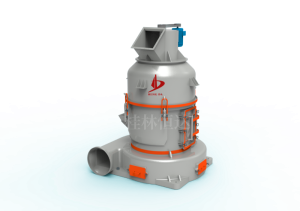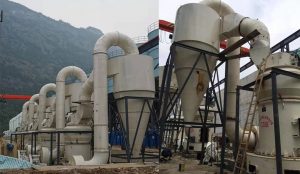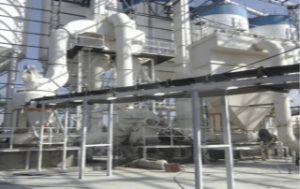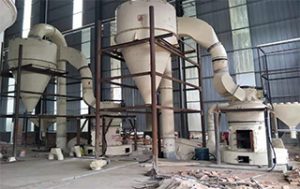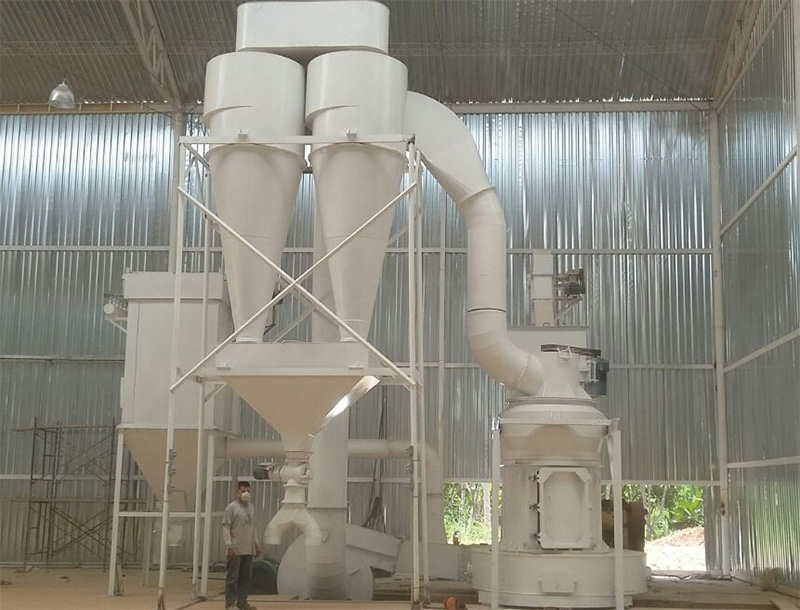What is talc?
Talc powder is called pulvistalci in English. It is a white or quasi white, fine and non sandy powder with greasy feel. Odorless and tasteless. This product is insoluble in water, dilute mineral acid or dilute hydroxide alkali solution. Main ingredients: calcite, a compound, is neutral, basically insoluble in water and soluble in hydrochloric acid.
Among many types of inorganic powders, talc powder is a special one, which is especially reflected in its diversity and complexity. Talc powder has the characteristics of stability, low hardness, layered structure, lipophilic and hydrophobic. Few minerals in nature can integrate so many advantages as talc. The characteristics of talc itself determine that it is a rare functional filler.
Talc properties
Talc has excellent physical and chemical properties such as lubricity, viscosity resistance, flow aid, fire resistance, acid resistance, insulation, high melting point, inactive chemistry, good covering power, softness, good luster and strong adsorption.
In many applications, talc can not only play the role of general filler, reduce product cost, but also significantly enhance many properties of these products. As a filler, talc is widely used in papermaking, plastics, paint, ceramics, cosmetics, medicine, rubber, agricultural products, fertilizer and other industries.
Characteristics of talc filled modified plastics
The addition of talc powder can change many properties of plastics, such as molding shrinkage, surface hardness, bending modulus, tensile strength, impact strength, thermal deformation temperature, molding process and product dimensional stability.
Superfine talc powder is added to plastics
It can significantly improve the rigidity, creep resistance, hardness, surface scratch resistance, heat resistance and thermal deformation temperature of plastic products.
Quite fine talc powder is added to the plastic
Talc powder with considerable fineness can also improve the impact strength of plastic products, and has the function of lubrication after addition, which can promote the flow and improve the processing technology of plastics. It also has a remarkable feature, that is, it has the function of nucleating agent.
Application of talc powder
1. Cosmetic grade (Hz): used for all kinds of moisturizing powder, beauty powder, talcum powder, etc.
2. Pharmaceutical and food grade (YS): pharmaceutical tablets, sugar coating, prickly heat powder, traditional Chinese medicine prescriptions, food additives, isolation agents, etc.
3. Coating grade (TL): used for white pigment and various water-based, oil-based, resin industrial coatings, primers, protective paints, etc.
4. Paper grade (zz): used as filler for all kinds of paper and paperboard, wood asphalt control agent.
5. Plastic grade (SL): used as filler for polypropylene, nylon, polyvinyl chloride, polyethylene, polystyrene, polyester and other plastics.
6. Rubber grade (AJ): used as anti adhesion agent for rubber fillers and rubber products.
7. Cable grade (DL): used for cable rubber enhancer and cable isolating agent.
8. Ceramic grade (TC): used for manufacturing electric porcelain, wireless electric porcelain, various industrial ceramics, architectural ceramics, daily ceramics and enamel, etc.
9. Waterproof material grade (FS): used for waterproof coiled material, waterproof coating, waterproof ointment, etc.
10. Textile lubrication grade (Fz): used for textile lubricants, etc.
